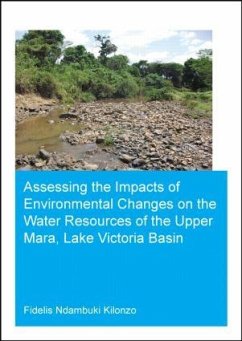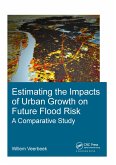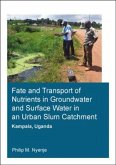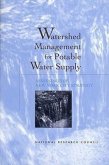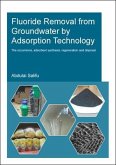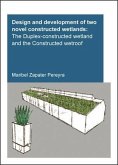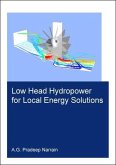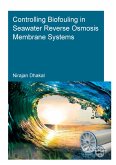Growing population and unregulated access to forest land have exerted high pressure on the land and water resources of the recharge areas of the transboundary Mara river, in the Lake Victoria region leading to changes in land and water use patterns in the basin. This thesis considers the interactions among climate change and variability, water quality, land surface cover, hydrology, and human systems, including societal adaptations to changing environmental conditions. The thesis explores the interaction between trends in climatic variables and the feedback response of vegetation variables. The effect of different land cover types on water quality is addressed, and alternative methods to treat data quality for hydrological model inputs and validation are discussed. The Soil and Water Assessment Tool (SWAT) hydrological model was adapted to the tropical watershed experiencing data scarcity, and used to assess the impacts of changes to the climate, land use and management practices. Different scenarios driven by the prevailing natural trends, strategic national development and economic policies were used to asses the potential impacts of changes.

